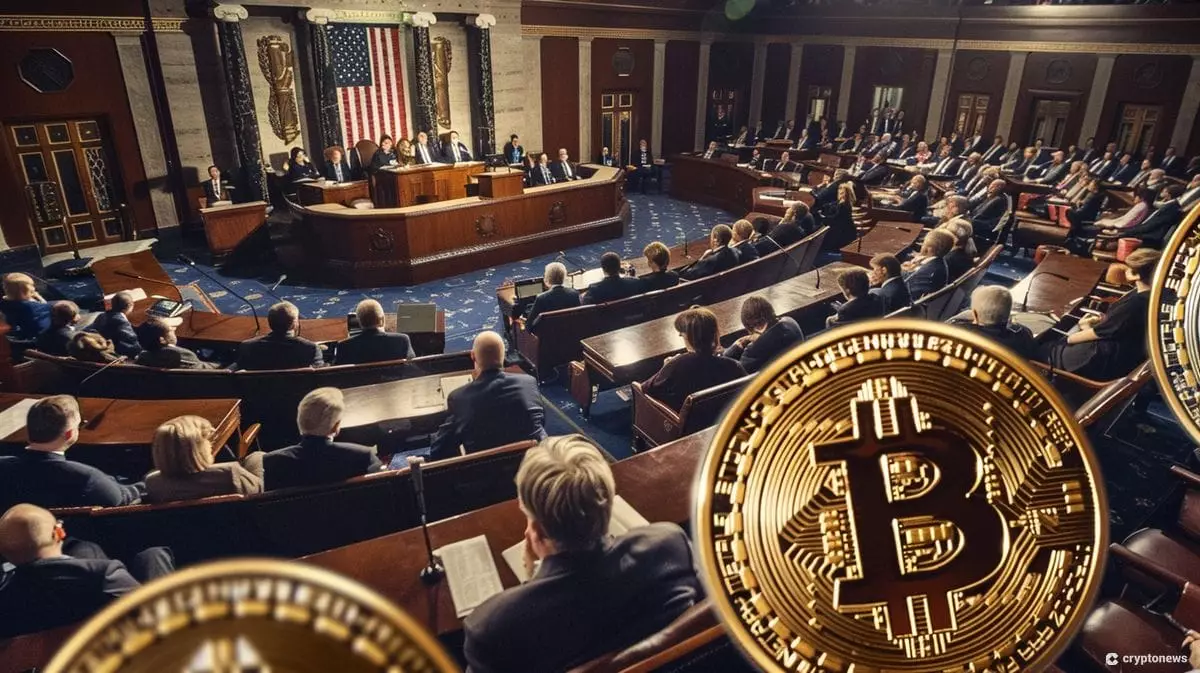Senator Tim Scott, a Republican from South Carolina, has recently referred to cryptocurrencies as a “scapegoat” for the federal government’s concerns about illicit finance. This statement was made during a crypto hearing held by the United States Senate Committee on Banking, Housing, and Urban Affairs. At the hearing, Deputy Secretary of the Department of the Treasury Adewale O. Adeyemo expressed the need for additional tools to combat rising unlawful cryptocurrency use, including the ability to “reach extraterritorially” when digital assets harm U.S. interests.
Adeyemo highlighted the issue of actors finding ways to hide their identities and move resources through virtual currency, stating that terrorists and other malign actors are seeking new ways to move their resources in light of efforts to cut them off from the traditional financial system. Senator Scott questioned Adeyemo about the broader illicit finance landscape, emphasizing that the focus solely on digital assets may be overlooking other significant sources of unlawful funding. Scott expressed his concern that digital assets have become the scapegoat of the current administration’s agenda, suggesting that the conversation should encompass a wider scope of illicit financing issues.
The Blockchain trade association Chamber of Digital Commerce praised Senator Scott’s remarks as crucial, indicating that they could potentially influence future digital regulations. Questions surrounding the effective legislation of cryptocurrencies have been escalating in recent months, particularly following the conflicting data surrounding crypto after the Hamas attack on Israel. Senator Elizabeth Warren has been a vocal advocate for preventing crypto-related money laundering, even drafting the Digital Asset Anti-Money Laundering Act (DAAMLA) in 2022. However, critics from the crypto industry argue that the proposed bill would essentially serve as a ban on crypto.
During the recent hearing, Senator Warren continued to push for the bill, claiming that the U.S. lacks sufficient anti-money laundering laws. She emphasized that cryptocurrencies are being used by wrongdoers to move money around discreetly, pointing to the need for stricter regulations. The ongoing debate on illicit crypto funding has intensified as the U.S. presidential election approaches, raising uncertainties about the government’s ability to advance any legislation in this contentious area.
The debate surrounding cryptocurrencies as a scapegoat for illicit finance continues to unfold, with differing perspectives from policymakers and industry stakeholders. It is essential for legislators to consider the broader implications of regulating digital assets and address the root causes of illicit financial activities beyond crypto. Finding a balance between innovation and regulatory oversight remains a challenge in this evolving landscape.


Leave a Reply